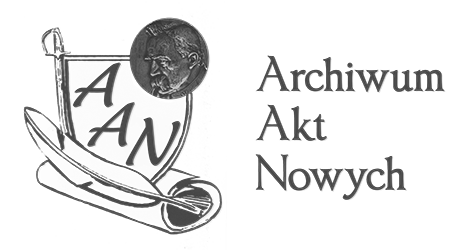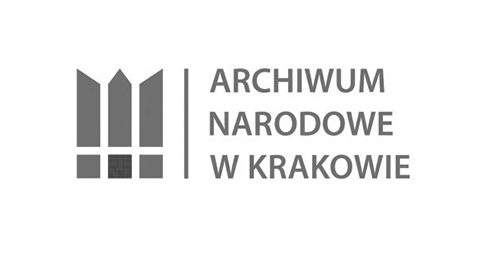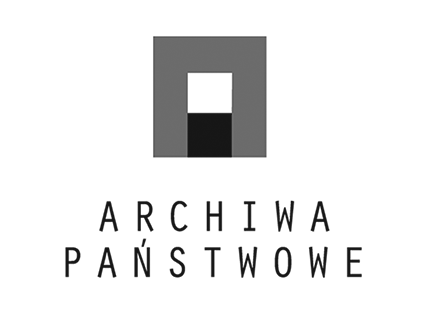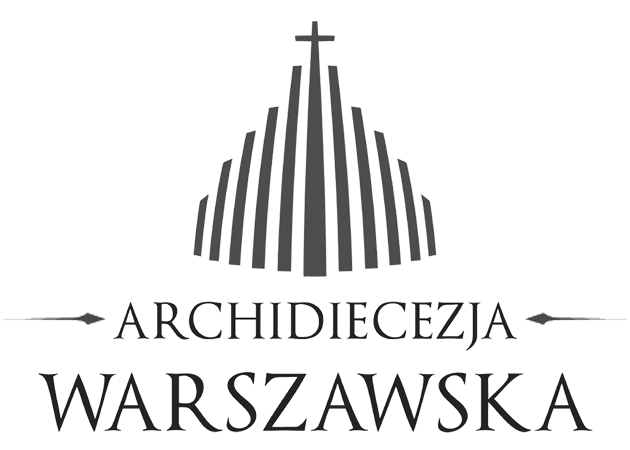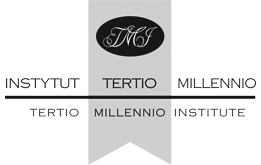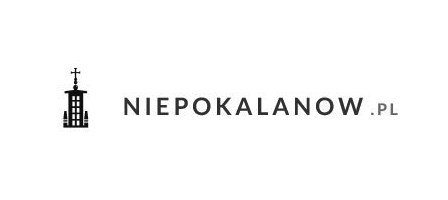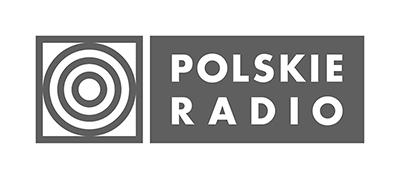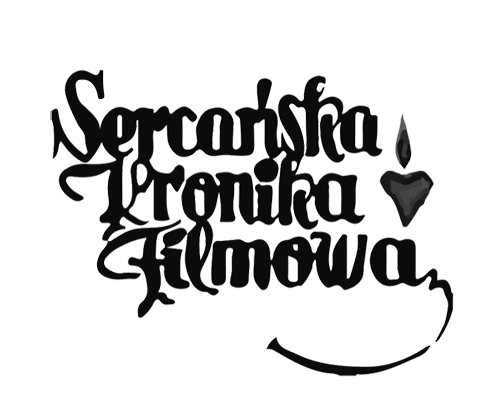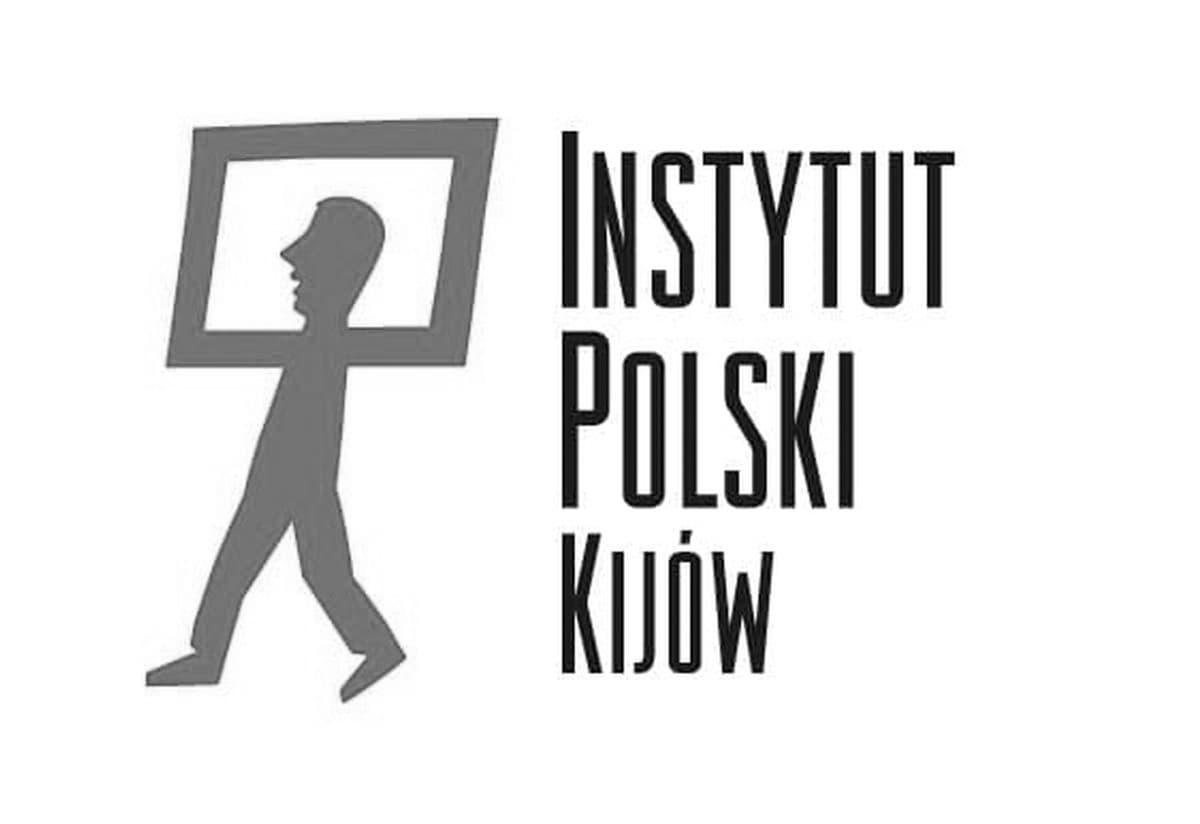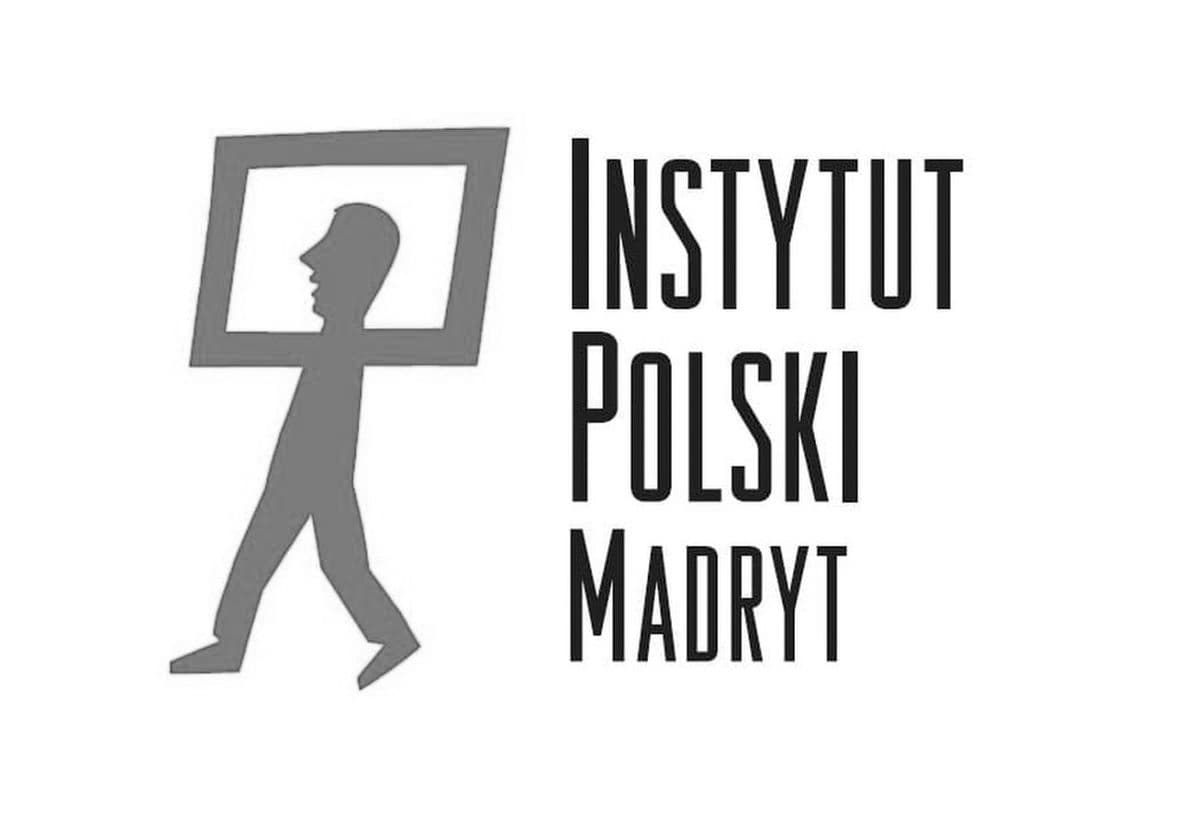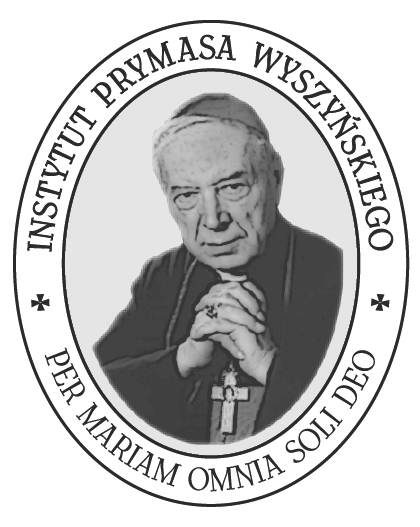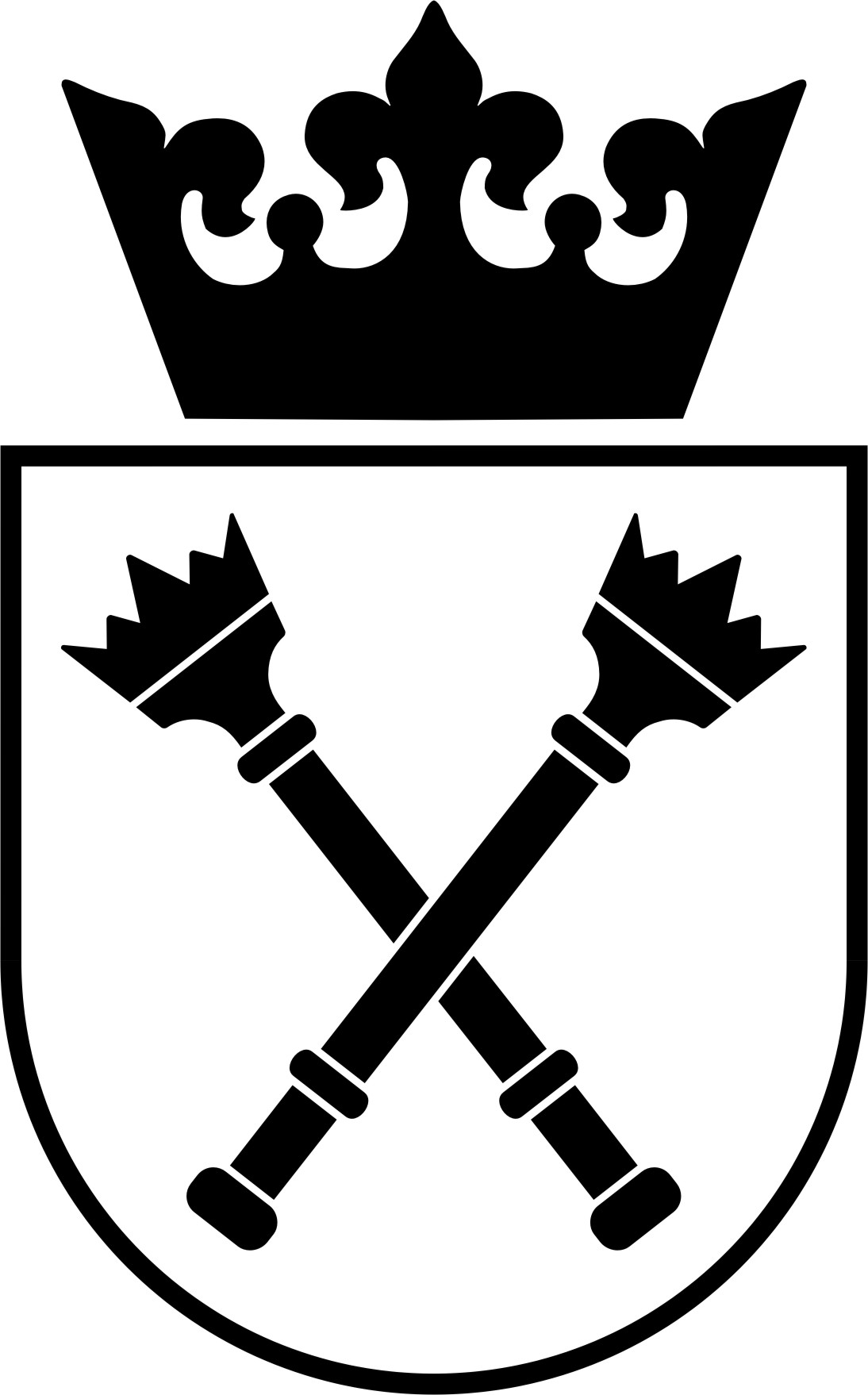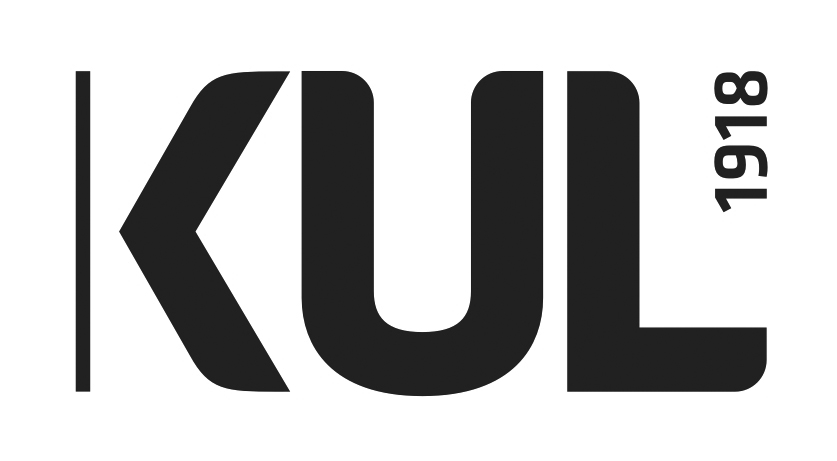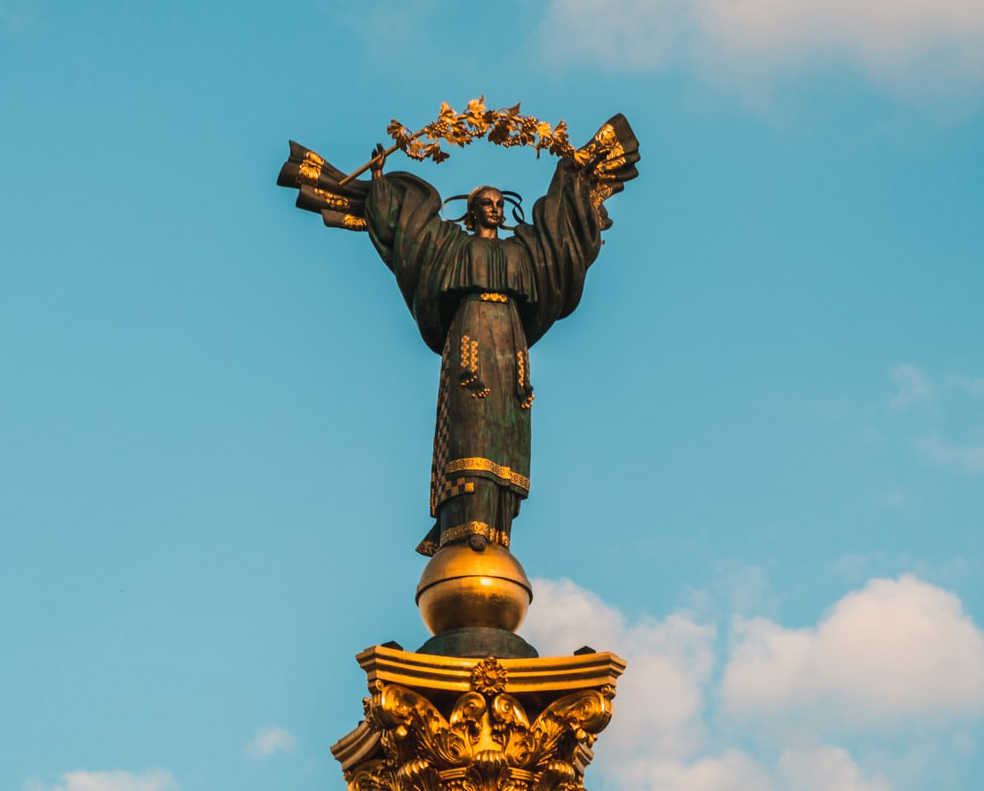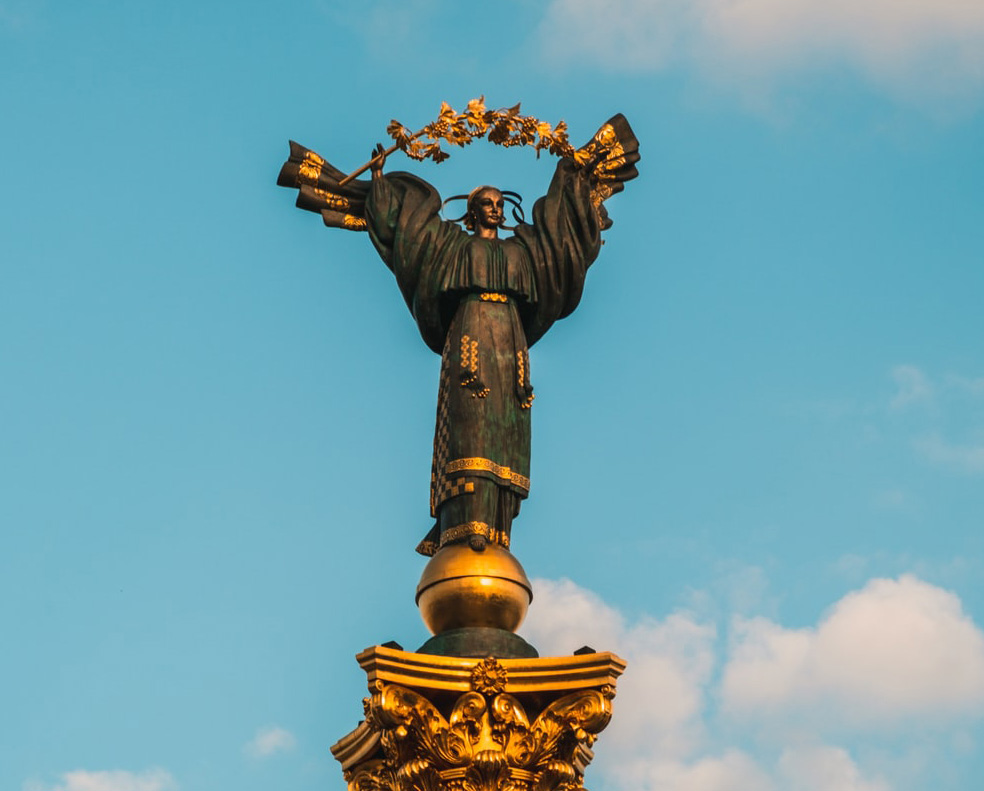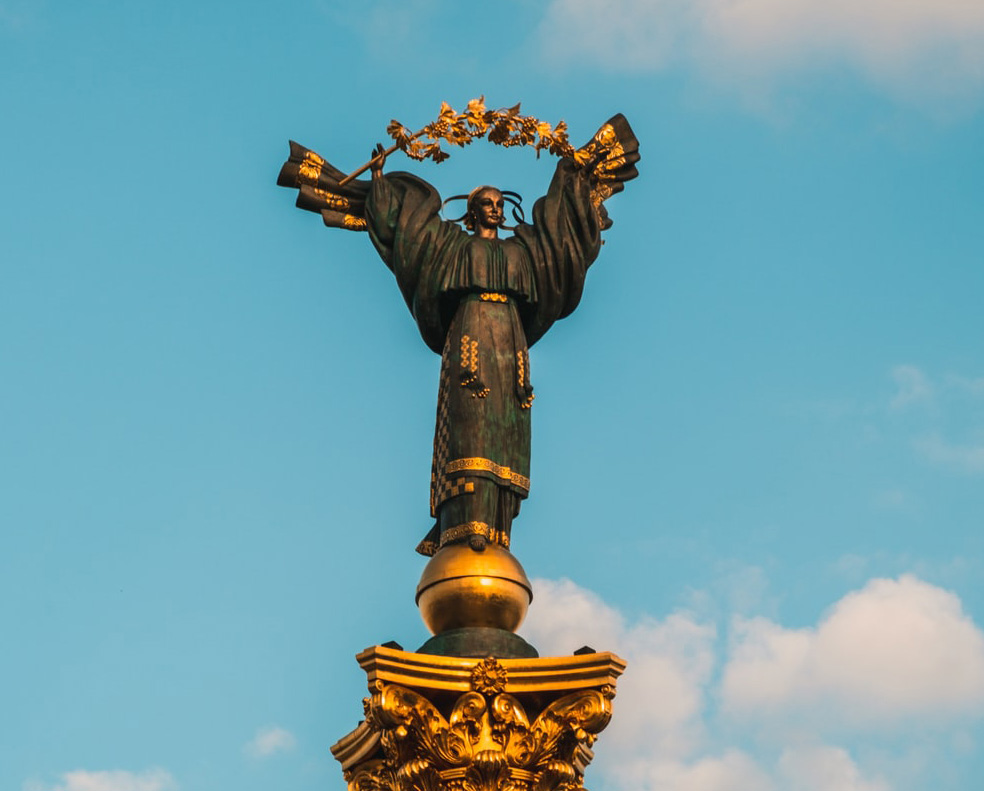Pilgrimage of John Paul II to Ukraine - 2001 Dimensions of Unity
“No one has ever said so much good about Ukraine in history” - commentators said about the 2001 pilgrimage of John Paul II during which he called for cleansing of memories and reconciliation. He reminded Ukrainians experienced by the crimes of the 20th century and divisions, of their identity and showed them reasons to be proud.
Ukrainians welcoming John Paul II in Lviv.
Drag timeline
23 June 2001
KIEV: Welcoming ceremony at Boryspil airport, attended by President Leonid Kuchma and representatives of the clergy - Prayer before the image of Our Lady of Zarvanitsa in the Greek-Catholic church of St. Michael • Lunch at the Apostolic Nunciature - Unscheduled visit to the Tomb of the Unknown Soldier in Kiev - Meeting at the Maria’s Palace with President Leonid Kuchma, followed by a meeting with Prime Minister Anatoly Kinach • Meeting with representatives of culture, politics, science and business • Meeting with Latin and Greek and Catholic bishops at the Nunciature
24 June 2001
KIEV: Mass in the Latin rite at the Tschaika airport • Lunch and meeting at the Nunciature with members of the Ukrainian Episcopate • Meeting at the philharmonic hall with representatives of the All-Ukrainian Council of Churches and Religious Organisations KIEV BYKOWNiA: Visiting the cemetery known as the Ukrainian Katyn, where more than 100,000 victims of the Stalinist terror are buried
25 June 2001
KIEV: Private Mass at the Apostolic Nunciature • Mass in the Byzantine rite at Tchaika KIEV BABI JAR airport: Prayer at the execution site of Ukrainian Jews murdered by German soldiers and at the site of the German concentration camp KIEV: Unofficial visit to the Roman Catholic Church of St. Alexander • Farewell at the Nunciature • Departure for Lviv LVIV: Arrival and trip into the city centre • Visit to the Latin Cathedral of the Assumption of the Blessed Virgin Mary and to the Armenian Dormition of the Blessed Virgin Mary Church
26 June 2001
LVIV: Mass in the Latin rite at the Hippodrome with the beatification of Archbishop Józef Bilczewski and Priest Zygmunt Gorazdowski and the coronation of the image of Our Lady of Grace • Dinner at the Theological Seminary of Brzuchowice with all the Catholic bishops of Ukraine and meeting with seminarians • Meeting with young people in the square in front of the church of the Nativity of the Mother of God in Sikhov
27 June 2001
LVIV: Private mass in the chapel of the Palace of the Greek Catholic Metropolitans • Mass in the Byzantine rite at the Hippodrome with the beatification of 26 martyrs of Communism, Priest Omelian Kowcz and Sister Jozafata Hordaszewska • Dinner with the Catholic bishops of Ukraine at the Palace of the Metropolitans • Private conversation with President Leonid Kuchma and visit to St Jura Greek Catholic Cathedral • Farewell ceremony at the airport of Lviv • Departure to Rome
Objectives of the pilgrimage
The pilgrimage to Ukraine took place in the shadow of political conflicts. The country's President, Leonid Kuchma, decided to invite the Pope against the will of Russia, the neighbour on which Ukraine was to some extent dependent. For Kuchma - but also for multiple Ukrainians - the arrival of John Paul II was to allow Ukraine to appear in the awareness of the West and it was the expression of Ukraine's orientation towards Western Europe. At the same time, Kuchma hoped to increase his own popularity and stabilise a country shaken by political scandals and economic problems.
The Holy Father did not shy away from the political context of his visit. He was a part of it, talking a lot about Ukraine's European identity and the need to work for the common welfare. However, his call for unity among Ukrainians went far beyond the perspectives of politicians.
Context
Religious
John Paul II's plans to visit Ukraine were well received by Ukrainians, with one exception. There were three major Orthodox Churches in Ukraine, two of which considered themselves exclusively Ukrainian, and one, the Ukrainian Orthodox Church of the Moscow Patriarchate, is subordinate to the Patriarch of Moscow. It was precisely the part of the hierarchy dependent on the Patriarch of Moscow that spoke out very strongly against the planned pilgrimage. The spokesman of the Moscow Patriarchate said: “The Ukrainian people stand firm enough by their traditional faith and do not need any external force to become a catalyst for their quest for spiritual revival.” The Union of Orthodox Brotherhoods of Ukraine, associated with this section of the Orthodox bishops, organised four large demonstrations against the Pope's arrival. The spokesman of the Union in the presence of the bishop stated as follows: “We survived Hitler, we will survive the Pope too”. The Moscow Patriarch himself (in the photo) organised a rival visit to Belarus during the Papal pilgrimage, during which he appealed “for unity in the faith of the Slavic nations of Belarus, Russia and Ukraine”.
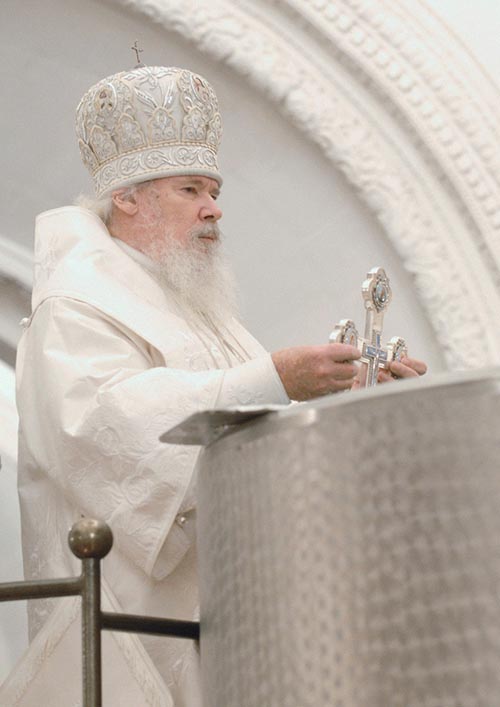
Patriarch Alexy II.
Although the Church subordinate to the Moscow Patriarchate had many members in Ukraine, its protests did not find much response in the Ukrainian society. According to public opinion polls, only 4 percent of Ukrainians were against the Pope's visit. This does not mean that there was no anti-Catholic prejudice among the Orthodox.
The Greek Catholic denomination prevails among Catholics in Ukraine. The Roman Catholic Church has traditionally been associated with the Polish population in Ukraine, however, this began to change in the 1990s. There was no open conflict between the faithful and the clergy of both Catholic denominations, but according to Bishop Marcjan Trofimiak, “they usually live in their own worlds”.
Historic context
Ukraine regained its independence in 1991. Previously, as the Ukrainian Soviet Socialist Republic, it was part of the USSR. The Catholic Church was repressed there. Although the Roman Catholic Church was allowed to function, the Soviet authorities placed almost total restrictions on its activities. The Greek Catholic Church found itself in an even worse situation. In 1946, at the so-called Council of Lviv, which was illegal from the Church point of view, the Stalinist authorities decided to incorporate the Greek Catholic Church into the Orthodox Church. Earlier, the NKVD had arrested all Greek Catholic bishops and 800 of 2 300 priests of that denomination. Most of the remaining priests decided to formally convert to the Orthodox religion, however, part of the clergy and the faithful persisted with the Catholic Church despite the repression.
People “shouted at them»wy perekińczyki« - you traitors, you seek another God,” Bishop Marcjan Trofimiak recalled,”they came near their houses at night and shouted that they would burn them. These people, Ukrainians, nevertheless stayed with the Catholic Church (...). They would arrive on Saturday to participate in the service on Sunday and return on Monday. But they came systematically, always. (...) I always admired them”.
The Greek Catholic denomination prevails among Catholics in Ukraine. The Roman Catholic Church has traditionally been associated with the Polish population in Ukraine, however, this began to change in the 1990s. There was no open conflict between the faithful and the clergy of both Catholic denominations, but according to Bishop Marcjan Trofimiak, “they usually live in their own worlds”.
Historic context
Ukraine regained its independence in 1991. Previously, as the Ukrainian Soviet Socialist Republic, it was part of the USSR. The Catholic Church was repressed there. Although the Roman Catholic Church was allowed to function, the Soviet authorities placed almost total restrictions on its activities. The Greek Catholic Church found itself in an even worse situation. In 1946, at the so-called Council of Lviv, which was illegal from the Church point of view, the Stalinist authorities decided to incorporate the Greek Catholic Church into the Orthodox Church. Earlier, the NKVD had arrested all Greek Catholic bishops and 800 of 2 300 priests of that denomination. Most of the remaining priests decided to formally convert to the Orthodox religion, however, part of the clergy and the faithful persisted with the Catholic Church despite the repression.
People “shouted at them»wy perekińczyki« - you traitors, you seek another God,” Bishop Marcjan Trofimiak recalled,”they came near their houses at night and shouted that they would burn them. These people, Ukrainians, nevertheless stayed with the Catholic Church (...). They would arrive on Saturday to participate in the service on Sunday and return on Monday. But they came systematically, always. (...) I always admired them”.
The history of Christianity in Ukraine has also been affected by the Volhynian massacre. Volhynia was an area which belonged to Poland before the Second World War, although the vast majority of the inhabitants were Ukrainian. During the German occupation in 1943-1945, Ukrainian nationalist organisations carried out actions of mass murder, resulting in deaths of tens of thousands Poles. Several thousand Ukrainians were killed in retaliation actions. Many Greek Catholic priests supported the crime and even took active part in it, while the voices of protest from the bishops were hardly heard.
Relations between Orthodox, Roman Catholics and Greek Catholics in Ukraine are, by the way, the result of a complex history of injustice and resentment. The Pope came with an appeal to purify the memory of these events.
Political context
In Ukraine, the office of the President as of 1994 was held by Leonid Kuchma. He had enjoyed strong support until 2000, but shortly before the Pope’s pilgrimage it began to decline sharply. On 16 September 2000, Heorhiy Gongadze, the Ukrainian journalist critical of the ruling camp, was brutally murdered. The opposition revealed secretly recorded tapes which allegedly showed that Kuchma himself was involved in the murder. This was not proven but opponents of the President took to the streets in Ukrainian cities and demonstrated under the slogan “Ukraine without Kuchma”. The visit of John Paul II was a chance for the President to improve his image inside the country. It also became the opportunity to demonstrate to the world Ukraine’s independence from Moscow which was against the pilgrimage and to show the pro-European orientation in the foreign policy.
Relations between Orthodox, Roman Catholics and Greek Catholics in Ukraine are, by the way, the result of a complex history of injustice and resentment. The Pope came with an appeal to purify the memory of these events.
Political context
In Ukraine, the office of the President as of 1994 was held by Leonid Kuchma. He had enjoyed strong support until 2000, but shortly before the Pope’s pilgrimage it began to decline sharply. On 16 September 2000, Heorhiy Gongadze, the Ukrainian journalist critical of the ruling camp, was brutally murdered. The opposition revealed secretly recorded tapes which allegedly showed that Kuchma himself was involved in the murder. This was not proven but opponents of the President took to the streets in Ukrainian cities and demonstrated under the slogan “Ukraine without Kuchma”. The visit of John Paul II was a chance for the President to improve his image inside the country. It also became the opportunity to demonstrate to the world Ukraine’s independence from Moscow which was against the pilgrimage and to show the pro-European orientation in the foreign policy.
Pilgrimage route
The visit to Ukraine began on 23 June at 12.15 p.m. when John Paul II landed at the Boryspol airport near Kiev. He was welcomed by President Kuchma who stressed the importance of Christian values in building the political community. In his welcome address, the Holy Father outlined all the main objectives of his trip: to strengthen Catholics, to pay tribute to their perseverance in the face of Communist repression, to reconcile with the Orthodox, and to indicate to Ukrainians their greatness, strength as well as their Christian and European identity.
The Pope's attempt aimed at reconciliation with the Orthodox began with the apology and forgiveness. Greeting the Orthodox Ukrainians, he said: “(...) falling down before our common Lord, we confess our faults. As we ask for forgiveness for the mistakes committed in the distant and recent past, we assure you of our forgiveness for the evil we had suffered”. During the mass at the Tchaika airfield near Kiev, on the feast of the Nativity of St. John the Baptist on 24 June, the Pope recalled the importance of the baptism of Kievan Rus, which marked the beginning of the Christianisation of the lands east of the Urals. It was the baptism in the Eastern rite, adopted, however, at a time before the Eastern schism, when Christians differed in rite but there was no permanent division between them.
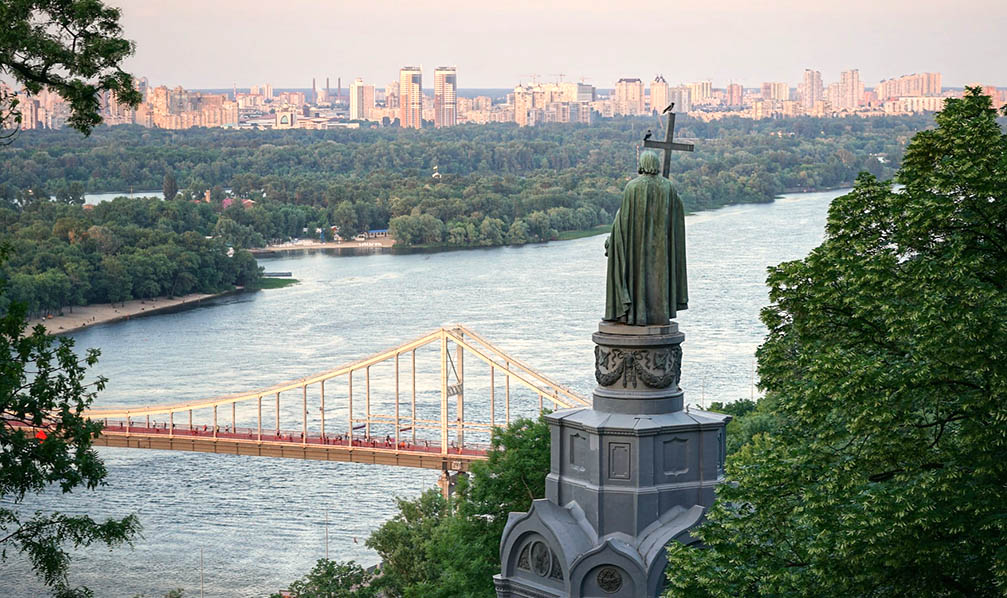
The statue of St. Vladimir, the Prince of Rus, against the backdrop of the Dnieper River, where he was baptised in 988. This date is accepted as the baptism date of Rus.
In Kiev, relatively few people took part in events related to the pilgrimage. The rainy weather certainly contributed, however, Catholic commentators did not hide their disappointment at the lack of interest of the Ukrainian society in the visit. Around 50,000 people turned up for the Byzantine Rite Mass on 25 June. The Holy Father dedicated his sermon on that day to Christian unity, recalling Jesus' deep desire expressed in the Cenacle: “That they may all be one” (J 17,21).
The Pope saw the sources of unity of Ukrainians in the acceptance of diversity, forgiveness of past faults and in the recognition of the common cultural heritage: “In your diverse religious and cultural affiliations, dearest Ukrainians, there is an element that unites you: participation in the same historical turn, in the same hopes and disappointments.”
John Paul II showed the Ukrainians the uniqueness of this heritage throughout his pilgrimage. “No one has ever said so much good about Ukraine in history” - a young Lviv female journalist commented on the Pope's speeches. In his sermons, he repeatedly referred to the most outstanding representatives of the Ukrainian culture, Taras Shechvchenko and Hryhoriy Skovoroda. He referred to Ukraine as the “crossroads of East and West”, the place where many cultures coexist.
The Pope also spoke many warm words about modern Ukraine, which tried to recover from the disasters of the 20th century. At meetings with the President and with representatives of the world of politics, culture, science and industry, he pointed to Christian values as the foundation of the society of solidarity. Some of his words to the Ukrainian elite could be seen as an admonition: “Do not allow those powerful to destroy man” - the Pope quoted Prince Vladimir Monomakh - “People of politics! (...) Do not give in to the temptation to use power for personal or group interests”.
On the evening of 25 June the Holy Father had arrived in Lviv where he spent the next two days. There he met, among others, Ukrainian youth, to whom he also showed the values needed to build the future of Ukraine. “Freedom is demanding and in some ways more difficult than slavery!” - he said, indicating the Commandments of God as a signpost for private and social life. “God will bless your efforts if you devote your lives generously to the service of the family and the society, putting the common good before private interests”. He appealed to young Ukrainians, leaving their homeland massively for work: “You are needed here!”
On that day in Lviv, important words for the Polish and Ukrainian reconciliation were also uttered. During the Latin Mass, the Pope beatified two Poles from Lviv - Archbishop Józef Bilczewski and Priest Zygmunt Gorazdowski. It was the opportunity to recall the consensual cooperation between Catholics of both rites in these lands but also to settle accounts with the dark past: “we feel a deep inner need to acknowledge various manifestations of unfaithfulness to the Gospel principles that were often committed by Christians of both Polish and Ukrainian origin living in these lands. Time has come to get away from the painful past! (...) May the cleansing of historical memory make everyone ready to give priority to what unites rather than what divides (...)”.
On that day in Lviv, important words for the Polish and Ukrainian reconciliation were also uttered. During the Latin Mass, the Pope beatified two Poles from Lviv - Archbishop Józef Bilczewski and Priest Zygmunt Gorazdowski. It was the opportunity to recall the consensual cooperation between Catholics of both rites in these lands but also to settle accounts with the dark past: “we feel a deep inner need to acknowledge various manifestations of unfaithfulness to the Gospel principles that were often committed by Christians of both Polish and Ukrainian origin living in these lands. Time has come to get away from the painful past! (...) May the cleansing of historical memory make everyone ready to give priority to what unites rather than what divides (...)”.
On the following day, in the liturgy in the Byzantine rite, Cardinal Lubomyr Huzar spoke in a similar tone on behalf of the Greek Catholics: “Some sons and daughters of the Ukrainian Greek Catholic Church, to our great regret, have knowingly and voluntarily caused harm to their neighbours from among their own people or other nations. For all of them, in your presence, Holy Father, I wish, on behalf of the Ukrainian Greek Catholic Church, to ask forgiveness of the Lord and Creator, the Father of us all and also for forgiveness of those whom we, the sons and daughters of our Church have wronged in some way, so that the terrible past is no longer a burden on us, we willingly forgive those who have also wronged us in some way”. These words of reconciliation were spoken in the presence of 1.5 million people - at the largest gathering in the Ukrainian history.
The sermon of the Mass was dedicated to 28 new Blessed, 26 of whom were martyrs of Communism, one was the martyr of Nazism and one Blessed was a nun who dedicated herself to the service of the poor. They were, as John Paul II said, “representatives of a multitude of anonymous heroes (...) who in the course of the 20th century - the »age of martyrdom« - suffered persecution, violence and death for not renouncing their faith”. These beatifications also provided the opportunity to recall the martyrdom of Christians of other faiths, to recall that “their common martyrdom is a powerful call for reconciliation and unity”.
The sermon of the Mass was dedicated to 28 new Blessed, 26 of whom were martyrs of Communism, one was the martyr of Nazism and one Blessed was a nun who dedicated herself to the service of the poor. They were, as John Paul II said, “representatives of a multitude of anonymous heroes (...) who in the course of the 20th century - the »age of martyrdom« - suffered persecution, violence and death for not renouncing their faith”. These beatifications also provided the opportunity to recall the martyrdom of Christians of other faiths, to recall that “their common martyrdom is a powerful call for reconciliation and unity”.
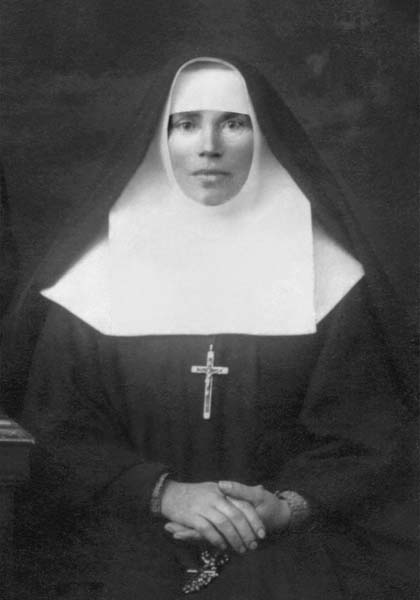
Blessed Olimpia Bida, one of the martyrs of Communism beatified in Lviv.
Collections of the Institute of Church History of the Ukrainian Catholic University.
Collections of the Institute of Church History of the Ukrainian Catholic University.
According to the Holy Father, the common experience of totalitarianism should be a unifying factor for Ukrainians, also for non-believers and for representatives of other religions. He met with the latter in Kiev on the second day of his pilgrimage. At the meeting he spoke about the Holocaust and the persecution of the Muslim community in Ukraine. During the pilgrimage he paid much attention to the commemoration of the victims of totalitarianism. He visited the cemetery at Bykivnia, where more than 100,000 victims of the Stalinist terror, including Poles, are buried. Later, he prayed at Babi Yar, the site of execution of tens of thousands of people, mostly of Jewish origin. He also stopped by the Tomb of the Unknown Soldier.
Effects
“The Pope has extremely emphatically reminded Ukrainians of their national identity, historical continuity, restored their memory; no Ukrainian politician and no father of the Church of any denomination, has ever managed such a masterspiece when it comes to presenting history in a way that is completely understandable to every Ukrainian. The Pope revealed to Ukrainians what makes them proud”, commented the Ukrainian journalist, Bohdan Osadchuk on the visit. Showing them their great history and martyrdom was intended to make Ukrainians aware of their obligation towards their homeland and the heritage they received from it.
The pilgrimage also provided the opportunity for Christians of different denominations to meet for the first time. The masses experienced together helped to get rid of old resentments and stereotypes. Cardinal Lubomyr Huzar considers the fact that Orthodox Christians who so far had often heard that the Pope was the antichrist, confronted these prejudices with the reality, as one of the most important effects of the pilgrimage.
John Paul II indicated that Kiev is the cradle of Christianity in Eastern Europe, from where it was spread, among others, to Moscow. Observers stressed that the Pope's arrival in Ukraine helped to psychologically reduce the country's sense of dependence on Moscow. The boycott of the pilgrimage by the Moscow Patriarchate was a failure.
The Holy Father also showed the European identity of Ukraine. This was important for politicians with a Western orientation, however, the Holy Father had something else in mind - to make them aware that Europe should breathe with two lungs, those of the East and those of the West.
Pilgrimage to Ukraine - Quotes of John Paul II
- „Pamięć przeszłości nie powinna być dzisiaj przeszkodą do wzajemnego poznania, które by sprzyjało braterstwu i współpracy. Świat szybko się zmienia: to, co wczoraj było nie do pomyślenia, dzisiaj znajduje się w zasięgu ręki. Chrystus zachęca nas wszystkich do ożywienia w sercu uczucia braterskiej miłości. Czyniąc z miłości dźwignię, można z pomocą Bożą przemienić świat”.
Przemówienie powitalne, lotnisko Boryspol, 23 czerwca 2001 r.
- „Wolność jest wymagająca i w pewnym sensie trudniejsza niż niewola! (…) Nie przechodźcie z niewoli reżimu komunistycznego do niewoli konsumizmu, innej formy materializmu, który nawet nie odrzucając Boga, faktycznie Go neguje, wyłączając Go z życia. Bez Boga nie możemy nic dobrego uczynić. Z Jego natomiast pomocą potraficie podjąć wszystkie wyzwania chwili obecnej. Potraficie dokonać zobowiązujących wyborów, idąc pod prąd, na przykład decydując się pozostać wiernymi Ojczyźnie, nie ulegając mirażom łatwych fortun za granicą. Jesteście potrzebni tutaj, wy, młodzi, gotowi do wniesienia wkładu w poprawę stosunków społecznych, kulturalnych, gospodarczych i politycznych w kraju. Tu potrzeba talentów, w które jesteście bogaci, dla przyszłości tej waszej ziemi, która ma za sobą chwalebną przeszłość”.
Przemówienie do młodzieży, Lwów, 26 czerwca 2001 r.
- „(…) patrz z ufnością w przyszłość. To jest właściwy czas! To jest czas nadziei i odwagi. Życzę, aby Ukraina mogła w pełni włączyć się do Europy, która powinna obejmować cały kontynent od Atlantyku do Uralu. Jak powiedziałem (…) nie może być »pokojowej Europy zdolnej do szerzenia cywilizacji bez osmozy i uczestnictwa różnych komplementarnych wartości«, które są typowe dla Wschodu i Zachodu”.
Przemówienie pożegnalne, Lwów, 27 czerwca 2001 r.
Autor tekstu: Ignacy Masny
Centrum Myśli Jana Pawła II
Sources
Audio Records
Audio Records
Event Place
Choose location...
Lwów
Kijów
Keywords
Persons index:
Project implemented by: 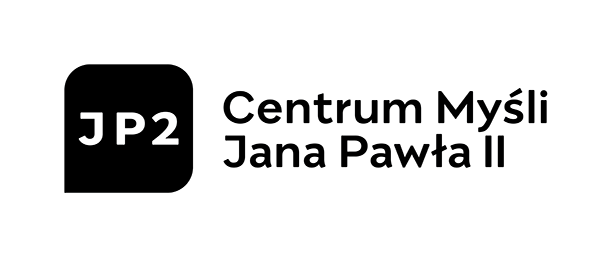

Project co-financed by: 

Patronage: 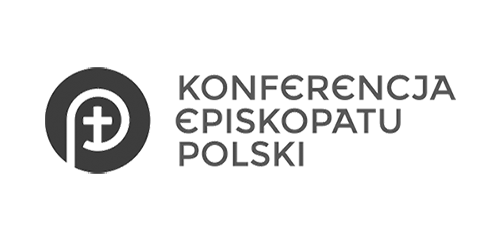

Partners: 